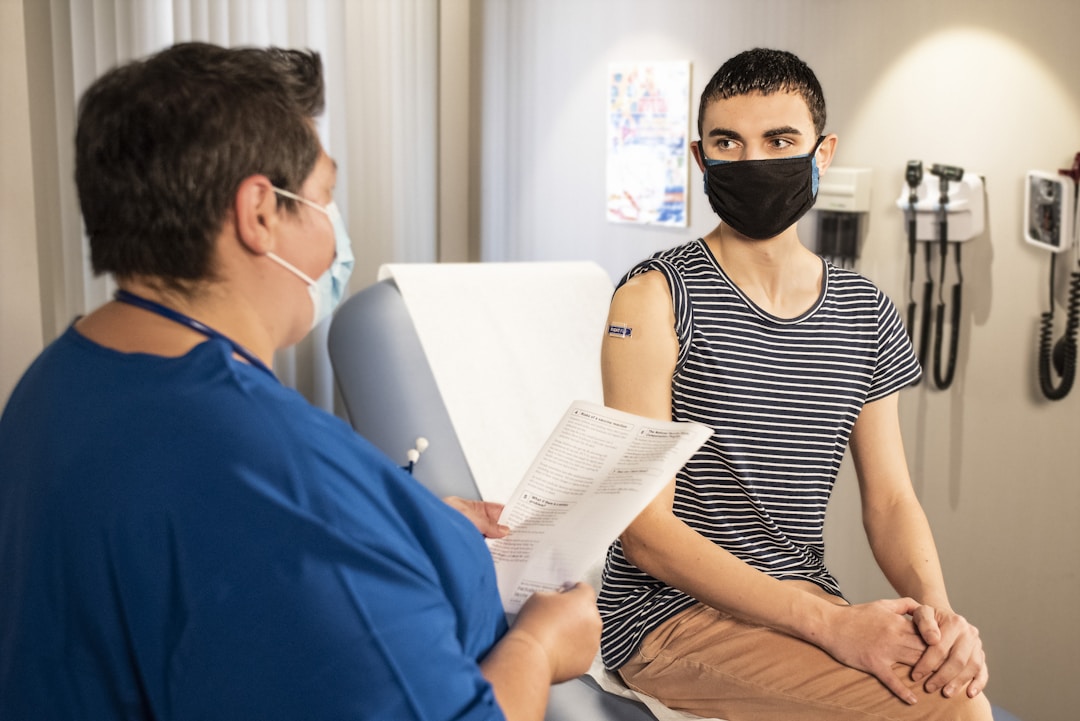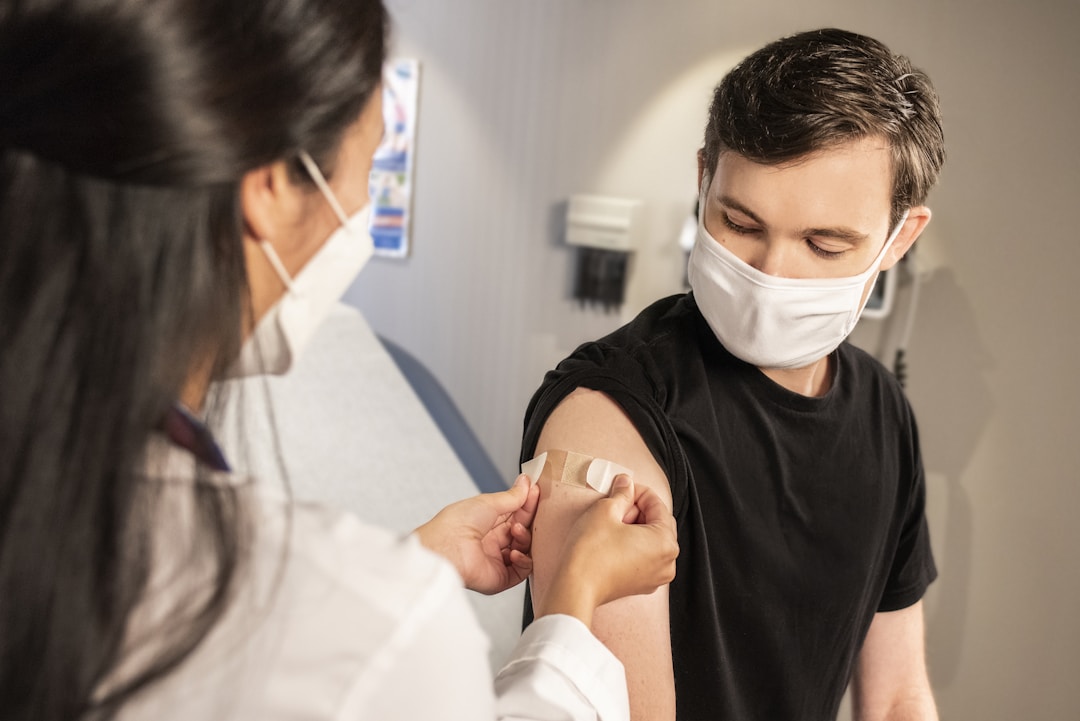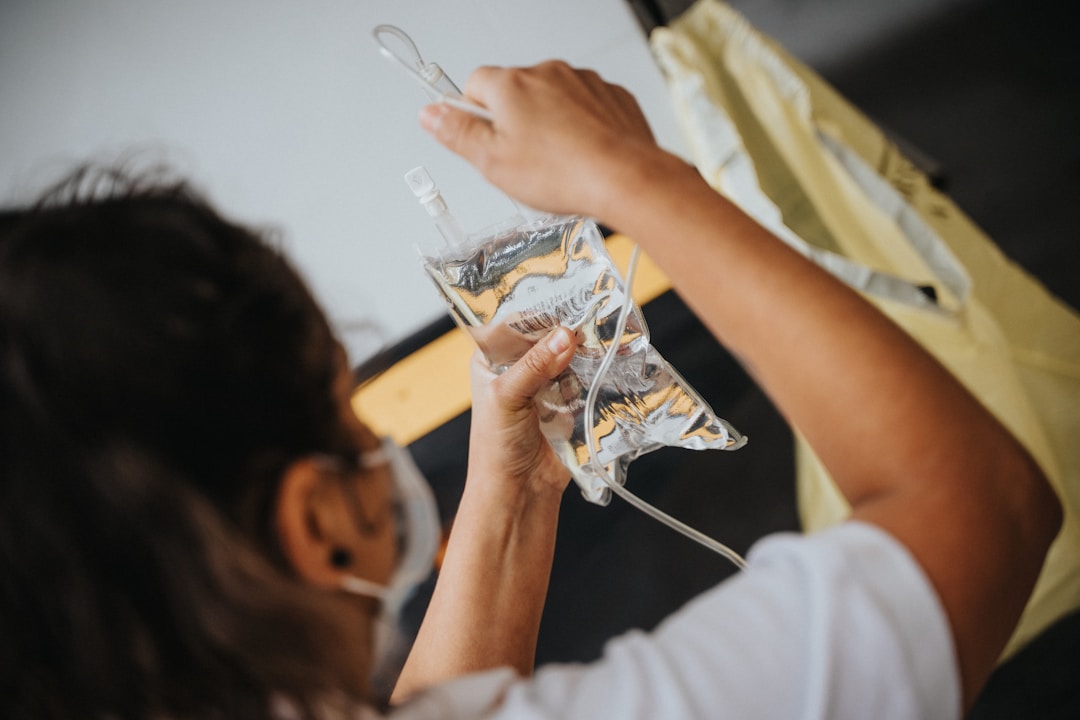Health care is an essential service. Without a healthcare system, the average lifespan would plummet. Healthcare professionals ensure people receive appropriate medical treatment to prevent viruses from spreading and maximize the patient’s quality of life. The COVID-19 pandemic reinforced the value of qualified healthcare workers.
Nursing’s one of the oldest healthcare professions. Over time, nursing’s evolved, and there are more opportunities in nursing now than ever before. Nurses are also in high demand. The U.S. Bureau of Labor Statistics (BLS) reports nurse practitioners (NPs) can expect jobs to increase by 52% between 2020 and 2030 while opportunities for certified registered nurse anesthetists (CRNAs) will grow by 13% during that time. Although there’s high demand for nurses, not everyone makes a good nurse. Let’s look at the five qualities nurses need.
1. Nurses have strong communication skills.

Communication’s a crucial part of nursing. Nurses work with other healthcare professionals and follow directions when treating patients. They document tasks such as giving patients medication to avoid miscommunication. They also need to communicate effectively with patients to understand their symptoms and any changes in their conditions and relay that information to physicians and other healthcare professionals.
An aspiring nurse’s strong communication skills are crucial when applying for a National Honors Society Scholarship. The scholarship committee values focus and quality when applicants complete their applications and write their essays. Scholarship committees look for applicants with leadership skills, and leaders must communicate effectively to guide others. Aspiring nurses must include volunteer experience and demonstrate participation in extracurricular activities in their applications, demonstrating their ability to engage with others.
2. Nurses are dedicated.

All nurses must complete postsecondary education. Licensed practical and licensed vocational nurses need at least one year of postsecondary training awarding a diploma or certificate in nursing. Becoming a registered nurse (RN) involves earning a diploma, an associate’s degree, or a Bachelor of Science in nursing (BSN) degree.
RNs can advance their career by earning a Master of Science in nursing (MSN) degree after completing their bachelor’s degree. Advanced practice registered nurses (APRNs) include NPs, family nurse practitioners (FNPs), certified nurse-midwives (CNMs), and CRNAs. NPs serve as primary care providers who diagnose and treat patients. CNMs provide prenatal care and deliver babies. CRNAs administer anesthesia to patients needing pain management or undergoing surgery.
Online nurse practitioner programs and MSN to NP online programs make it possible for RNs to become NPs through an online program while working as an RN. MSN FNP programs include coursework covering pharmacology, physiology, clinical reasoning, biostatistics, clinical management, and pathophysiology. Aspiring NPs must also acquire clinical hours through a clinical experience placement to graduate from their MSN programs.
3. Nurses are detail-oriented.

LPNs, LVNs, and RNs must have strong attention to detail to detect changes in a patient’s condition or verify changes in care instructions. They must follow established protocols, ensuring patients receive the proper treatment at the right time in the right manner established by the primary care physician or NP overseeing patient care. NPs can’t overlook details because they must weigh all factors when diagnosing patients.
4. Nurses have physical stamina.

Nurses typically work long shifts in hospitals, medical offices, or clinics. Typical nursing duties include administering meds and caring for patients, involving feeding them, bathing them, or lifting them. Consequently, workplace injuries are common. Physical stamina enables nurses to work on their feet for prolonged periods, and physical fitness helps prevent some workplace injuries.
5. Nurses have strong decision-making skills.

Nurses must identify changes in a patient’s baseline condition and understand the potential health implications of those changes. Nurses must determine when to contact a physician or initiate lifesaving measures, such as cardiopulmonary resuscitation (CPR). Quick and accurate decision-making skills can save lives, making them crucial for nurses.
Nurses are highly trained medical professionals. Nurses must have strong communication and decision-making skills. They also need dedication, physical stamina, and strong attention to detail.
